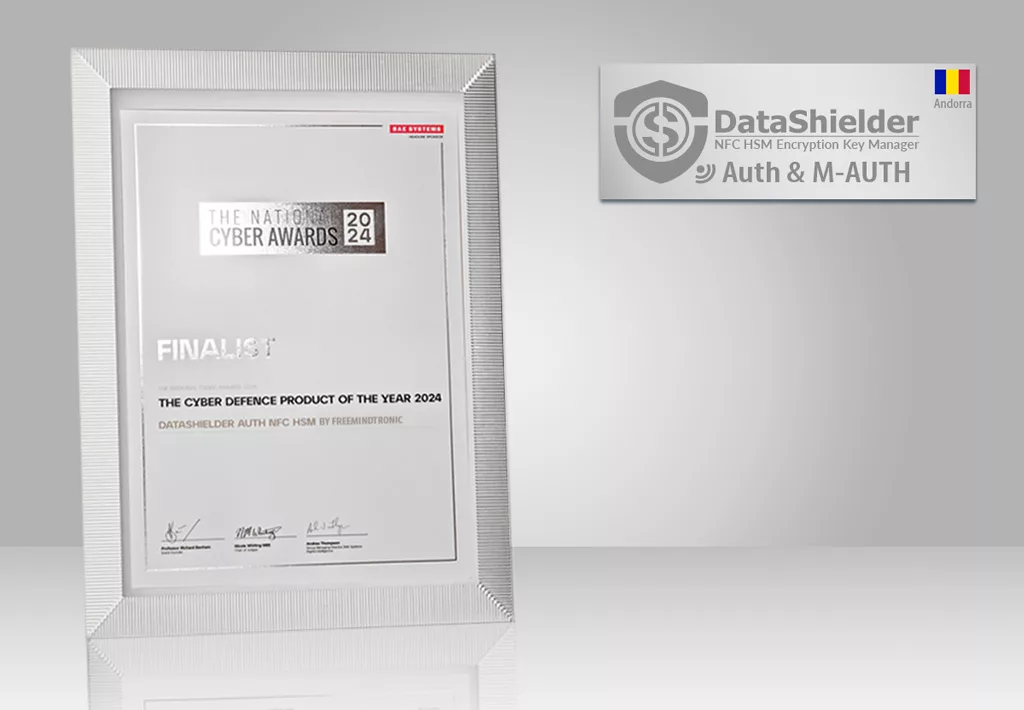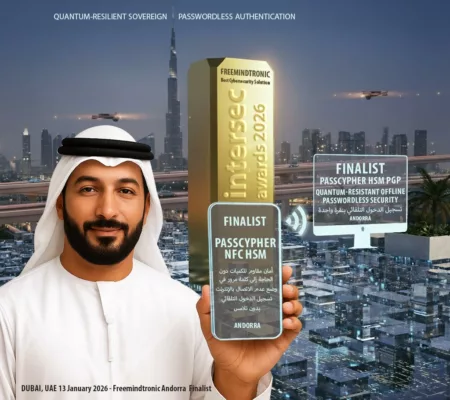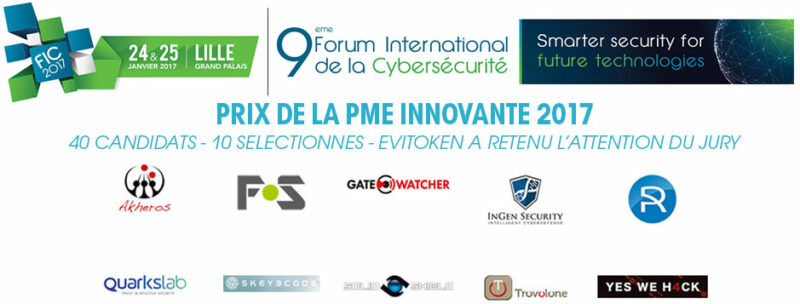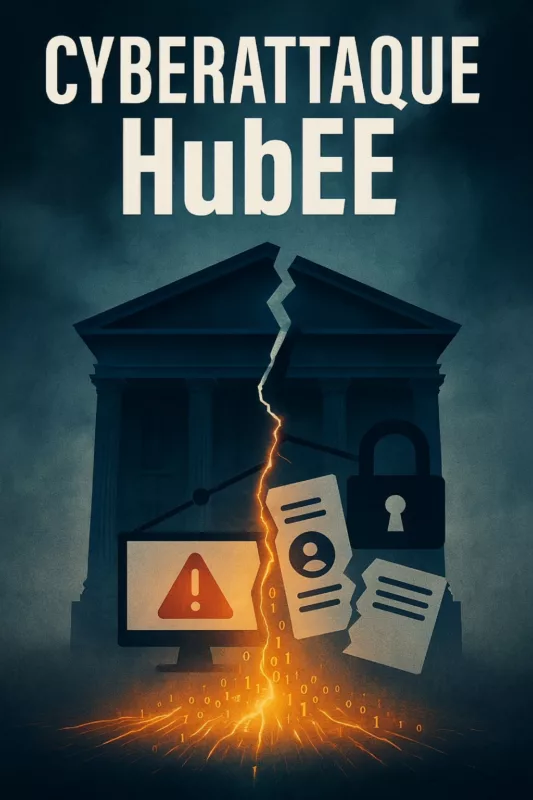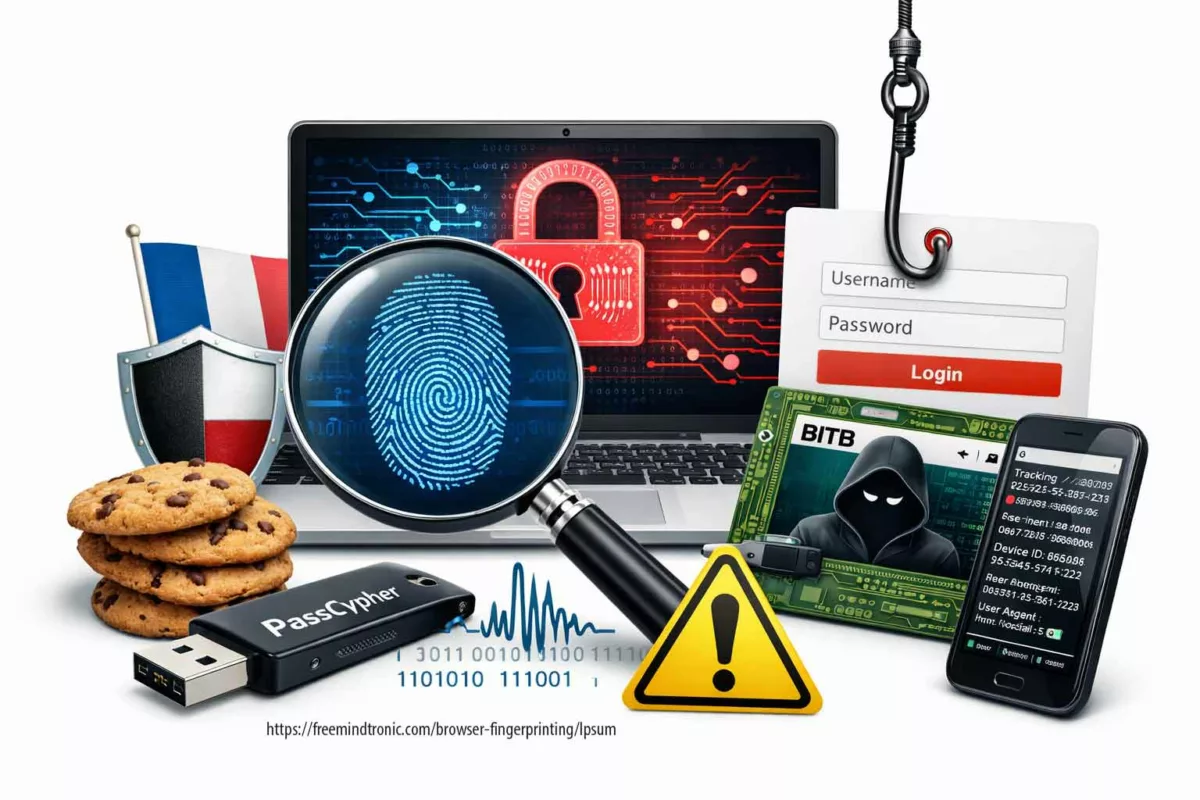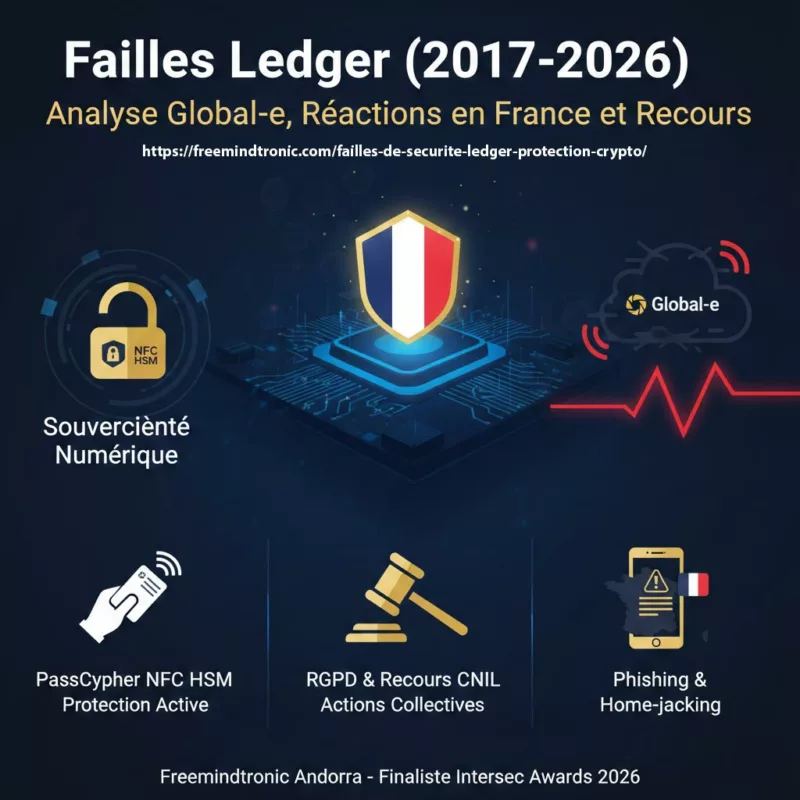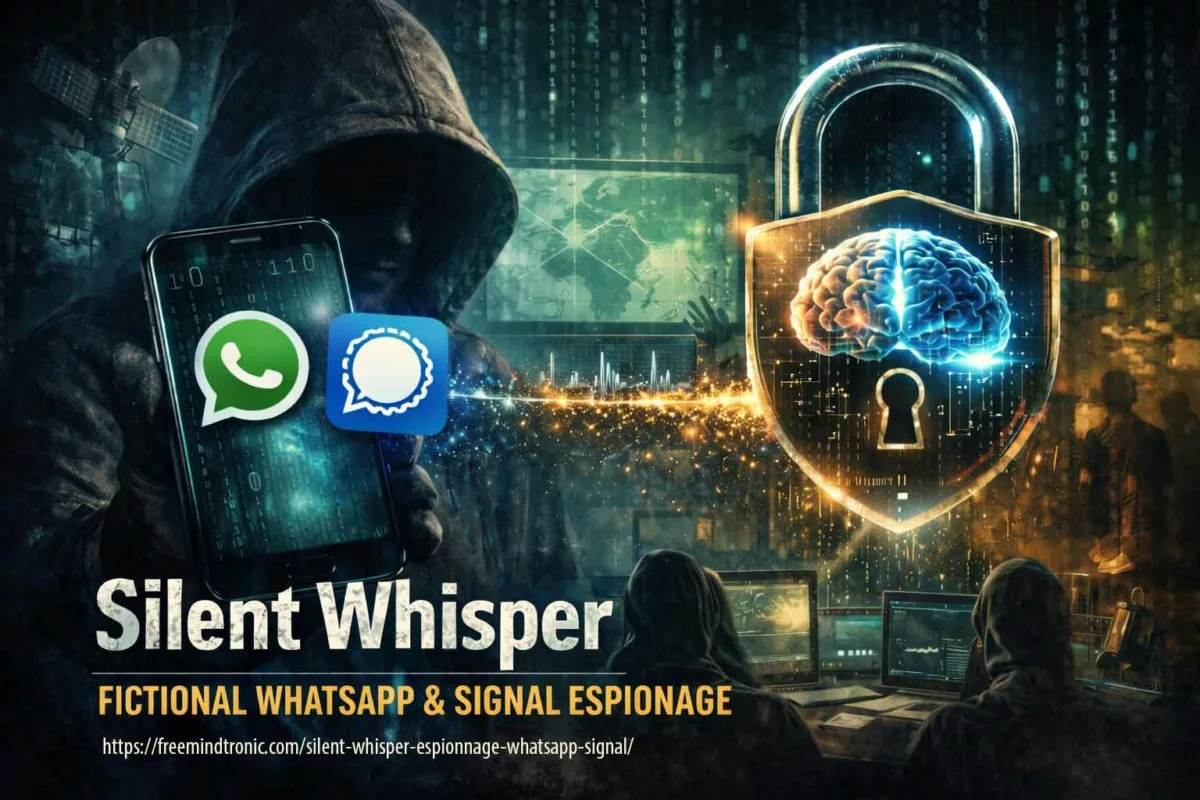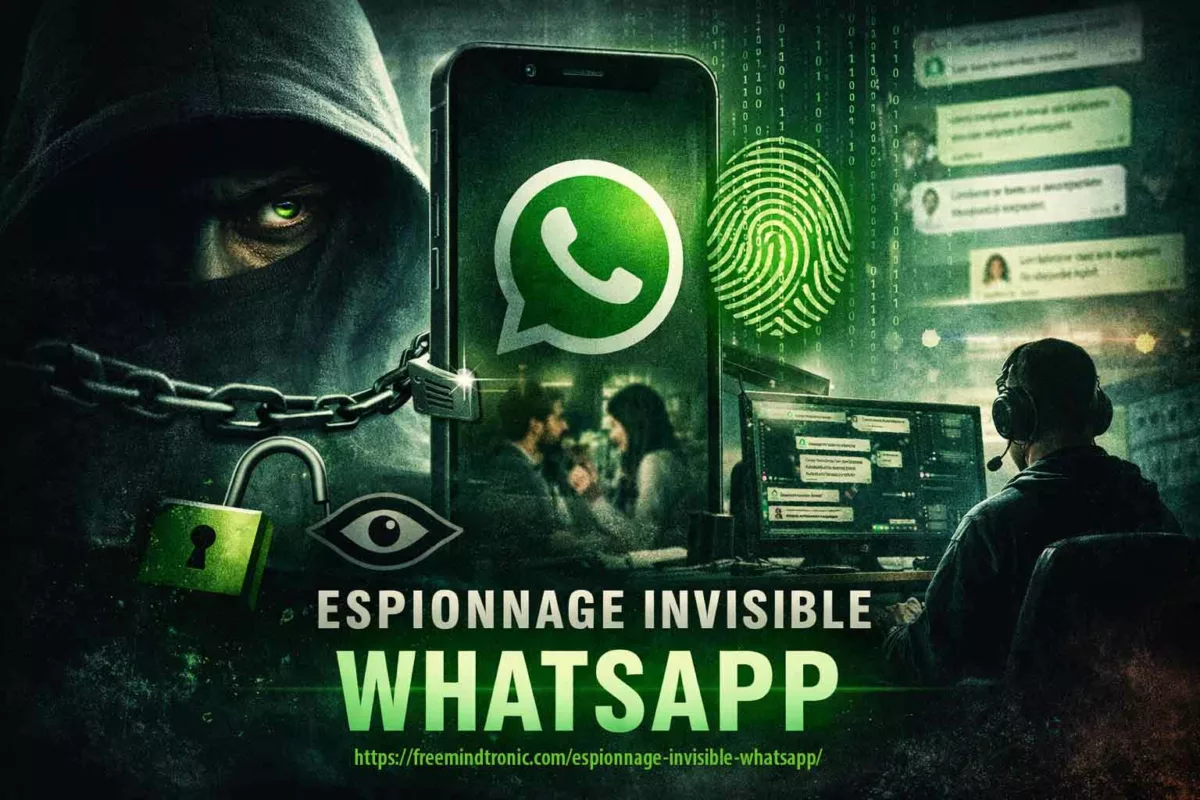What are the consequences of the spying?
Spying by Pegasus inflicted severe consequences on the victims, as well as society and democracy. It violated the victims’ right to privacy, freedom of expression, freedom of information, and presumption of innocence. Additionally, it jeopardized the security, reputation, and well-being of the victims.
Pegasus’ spying activities also eroded trust and cooperation among various actors and institutions. It fostered an atmosphere of suspicion and hostility between Spain and Morocco, neighboring countries with historical and economic ties. Furthermore, it deepened divisions between Madrid and Barcelona, two regions with political and cultural distinctions. The spying undermined the credibility and legitimacy of the Spanish government and its intelligence service.
Moreover, Pegasus’ spying efforts raised awareness and concerns regarding the dangers and abuses of cyber-surveillance. It revealed the lack of control and accountability over the use of spyware by governments and private companies. The spying underscored the necessity for enhanced protection and regulation for human rights defenders, journalists, activists, and other vulnerable groups.
The cost of Pegasus by country: an estimation based on the available sources
NSO Group, an Israeli company specialized in cyber-surveillance, developed Pegasus, a spyware capable of infecting smartphones and accessing their data, including messages, photos, contacts, and location. Pegasus can also activate the microphone and camera of the phone, effectively turning it into a spying tool. But how much does it cost to use Pegasus? And which countries can afford it? This section will attempt to answer these questions based on the available information.
Firstly, the cost of using Pegasus depends on several factors, such as the number of phones targeted, the duration of surveillance, and the type of contract signed with NSO Group. According to The Guardian’s estimate, which relies on internal documents from NSO Group dating back to 2016, a license to monitor 50 smartphones cost 20.7 million euros per year at that time. Similarly, a license for monitoring 100 smartphones cost 41.4 million euros per year. It remains uncertain whether these prices have changed since 2016 or if NSO Group has offered discounts or rebates to certain clients.
Subsequently, the estimated cost of Pegasus by country derives from the number of phones targeted and the operation’s duration, using the average cost provided by The Guardian. These data are approximations and may vary depending on the sources. For instance, Saudi Arabia targeted approximately 15,000 numbers with Pegasus, according to Le Monde, but The Washington Post suggests a figure of 10,000. Likewise, Le Monde indicates that Morocco commenced using Pegasus in 2017, whereas Citizen Lab asserts it was in 2016.
Here is a summary table of the estimates of the cost of Pegasus by country:
| Country |
Number of Phones Targeted |
Duration of Operation (years) |
Estimated Cost (in millions of euros) |
| Spain |
60 |
6 |
248.4 |
| Saudi Arabia |
10 000 |
5 |
2070 |
| Azerbaijan |
5 000 |
4 |
828 |
| Bahrain |
3 000 |
3 |
372.6 |
| Kazakhstan |
1 500 |
2 |
124.2 |
| Mexico |
15 000 |
2 |
1242 |
| Morocco |
10 000 |
5 |
2070 |
| Rwanda |
3 500 |
4 |
579.6 |
| Hungary |
300 |
4 |
49.8 |
| India |
1 000 |
3 |
124.2 |
| United Arab Emirates |
10 000 |
5 |
2070 |
Finally, the total estimated cost of Pegasus for these ten countries would be about 10.5 billion euros over a period of five years.
The cost of Pegasus compared to other indicators
In addition to these estimates, we can also compare the cost of Pegasus with other indicators or expenditures, such as the average income or the budget of a country. This can help us to gain insight into the scale and impact of Pegasus.
For instance, according to Statista, Spain’s average annual income per capita in 2020 was $30,722. El País reported the budget of the Spanish Intelligence Agency (CNI) to be $331 million in 2020, while El Mundo stated that Catalonia’s budget was $40 billion in the same year.
Here is a summary table of the data:
| Source |
Estimated Cost of Pegasus |
| Le Monde |
$7 to $20 million per year for 50 to 100 smartphones |
| TEHTRIS |
$9 million for 10 targets, $650,000 for a single target |
| Alain Jourdan |
$500 million for Spain (Source credibility unclear) |
| Average Income in Spain (2020) |
$30,722 per year |
| Budget of CNI (Spanish Intelligence Agency, 2020) |
$331 million |
| Budget of Catalonia (2020) |
$40 billion |
The table demonstrates that Pegasus costs are very high compared to other indicators or expenditures. For instance, according to our previous estimation in the preceding section, Spain would have expended about 248.4 million euros over six years to monitor 60 phones with Pegasus. This amount equals approximately 8 times the budget of the Spanish Intelligence Agency (CNI) in 2020 or about 6% of Catalonia’s budget in the same year. Furthermore, this sum is equivalent to about 8,000 times the average annual income per capita in Spain in 2020.
In conclusion comparison
This comparison highlights that Pegasus represents a significant expense for its users, funds that could have been allocated to other purposes or needs. Moreover, it emphasizes the disproportionate nature of Pegasus costs concerning its victims, often ordinary citizens or government employees.
Assessing the cost of Pegasus with certainty is challenging because it depends on several factors, such as the number of phones targeted, the duration of surveillance, and the type of contract NSO Group signed. To obtain a clearer and more comprehensive view of the cost and scope of Pegasus use, access to NSO Group’s and its clients’ internal data would be necessary.
Statistics on Pegasus: a glimpse into the scale and diversity of Pegasus espionage
NSO Group, an Israeli company specialized in cyber-surveillance, developed Pegasus, a spyware. Pegasus can infect smartphones and access their data, such as messages, photos, contacts, and location. Pegasus can also activate the microphone and camera of the phone, turning it into a spying tool.
But who are the victims of Pegasus? And how many are they? In this section, we will present some statistics based on the available data.
It is important to note that these statistics are not comprehensive, as a sample of 50,000 phone numbers selected by NSO Group’s clients as potential targets forms the basis for them. Forbidden Stories and Amnesty International obtained this sample and shared it with a consortium of media outlets that conducted an investigation. The actual number of Pegasus targets may be much higher, as NSO Group claims to have more than 60 clients in 40 countries.
According to The Guardian’s analysis of the sample:
- More than 1,000 individuals in 50 different countries have been confirmed as successfully infected with Pegasus.
- Over 600 politicians and government officials, including heads of state, prime ministers, and cabinet ministers, were identified as potential targets.
- More than 180 journalists working for prominent media outlets like CNN, The New York Times, Al Jazeera, or Le Monde were selected as potential targets.
- Over 85 human rights activists, including members of organizations like Amnesty International and Human Rights Watch, were identified as potential targets.
According to Le Monde’s analysis of the same sample:
- Morocco selected more than 15,000 individuals as potential targets between 2017 and 2019.
- Mexico selected over 10,000 potential targets between 2016 and 2017.
- Saudi Arabia selected more than 1,400 potential targets between 2016 and 2019.
- India selected over 800 potential targets between 2017 and 2019.
Here is a summary table of the key findings from both sources:
| Data Source |
Key Findings |
| The Guardian (Sample of 50,000 Numbers) |
Over:
- 1,000 infections in 50 countries
- 600 politicians and government officials targeted
- 180 journalists selected as potential targets
- 85 human rights activists identified as potential targets
|
| Le Monde (Sample of 50,000 Numbers) |
Over:
- 15,000 potential targets in Morocco (2017-2019)
- 10,000 potential targets in Mexico (2016-2017)
- 1,400 potential targets in Saudi Arabia (2016-2019)
- 800 potential targets in India (2017-2019)
|
These statistics reveal Pegasus surveillance’s extensive reach and diversity, affecting a wide range of individuals and countries with varying motivations and interests. Moreover, they show that Pegasus surveillance has been ongoing for several years without anyone detecting or stopping it.
In conclusion, these statistics provide a glimpse into the scale and diversity of Pegasus espionage. However, they are not exhaustive and may not fully reflect the true extent of Pegasus surveillance. To have a clearer and more complete picture of the victims and the consequences of Pegasus, access to the internal data of NSO Group and its clients would be necessary.
Pegasus Datasheet: a summary of the features and capabilities of Pegasus spyware
Pegasus is a spyware developed by the Israeli company NSO Group, designed for remote monitoring of mobile phone activities. Pegasus can infect smartphones and access their data, such as messages, calls, contacts, photos, videos, location, microphone, and camera. Pegasus can also control some functions of the phone, such as enabling or disabling Wi-Fi, Bluetooth, and more. Pegasus can infect phones through different methods, such as malicious link delivery or the insidious “zero-click” technique, which does not require any user interaction. The duration and frequency of Pegasus surveillance depend on the contract signed with NSO Group, which can vary from client to client.
Below is a datasheet detailing Pegasus, including price estimates and periodicity:
| CHARACTERISTIC |
VALUE |
ATTACK VECTOR |
| Name |
Pegasus |
|
| Developer |
NSO Group |
|
| Type |
Spyware |
|
| Function |
Remote monitoring of mobile phone activities |
|
| Infection Method |
Malicious link delivery or the insidious “zero-click” technique |
Email, SMS, Web Browsing, WhatsApp, Zero-Click |
| Data Access |
Messages, calls, contacts, photos, videos, location, microphone, camera |
|
| Function Access |
Capable of enabling/disabling Wi-Fi, Bluetooth, and more |
|
| Periodicity |
Varied, dependent on contract duration and frequency of updates |
|
| Price Estimate |
$7 to $20 million per year for 50 to 100 smartphones |
Assessing the Pegasus Threat Level After Security Updates and Utilizing Anti-Pegasus Tools
Pegasus is a spyware that exploits security flaws in the operating systems of phones, such as iOS or Android. To reduce the level of threat of Pegasus, one of the ways is to update and patch these operating systems regularly, to fix the vulnerabilities that Pegasus can use.
How security updates can protect the devices from Pegasus
In September 2021, Apple released iOS 14.8 and macOS 11.6 as security updates to protect its devices from the zero-click exploit used by Pegasus. Citizen Lab discovered this exploit, called FORCEDENTRY, in August 2021. FORCEDENTRY allowed Pegasus to infect iPhones without any user interaction. Apple urged its users to install the updates as soon as possible to protect themselves from Pegasus.
Google also released security updates for Android devices in August 2021, according to Linternaute. These updates fixed several vulnerabilities that Pegasus or other spyware could exploit. Google did not specify if these vulnerabilities were related to Pegasus, but it advised its users to update their devices regularly to ensure their security.
However, updating and patching the operating systems may not be enough to prevent or detect Pegasus infections. Pegasus can adapt to security updates and use new exploits that security experts have not yet discovered or fixed.
Advanced Detection and Protection Against Pegasus Spyware
In the ongoing effort to combat the sophisticated Pegasus spyware, cybersecurity experts have developed advanced tools and methods to detect and neutralize such threats. Kaspersky, a leader in global cybersecurity, has recently unveiled a groundbreaking approach that enhances our capability to identify and mitigate the impact of iOS spyware including Pegasus, as well as newer threats like Reign and Predator.
Kaspersky’s Innovative Detection Method
Leveraging the untapped potential of forensic artifacts, Kaspersky’s Global Research and Analysis Team (GReAT) has introduced a lightweight yet powerful method to detect signs of sophisticated spyware infections. By analyzing the Shutdown.log found within the iOS sysdiagnose archive, researchers can now identify anomalies indicative of a Pegasus infection, such as unusual “sticky” processes. This method provides a minimally intrusive, resource-efficient way to pinpoint potential spyware compromises.
Empowering Users with Self-Check Capabilities
To democratize the fight against spyware, Kaspersky has developed a self-check tool available to the public. This utility, based on Python3 scripts, allows users to independently extract, analyze, and interpret data from the Shutdown.log file. Compatible with macOS, Windows, and Linux, this tool offers a practical solution for users to assess their devices’ integrity.
Comprehensive User Protection Strategies
Beyond detection, protecting devices from sophisticated spyware demands a multifaceted approach. Kaspersky recommends several proactive measures to enhance device security:
- Reboot Daily: Regular reboots can disrupt the persistence mechanisms of spyware like Pegasus, which often relies on zero-click vulnerabilities for infection.
- Enable Lockdown Mode: Apple’s Lockdown Mode has shown effectiveness in thwarting malware infections by minimizing the attack surface available to potential exploiters.
- Disable iMessage and Facetime: Given their popularity as vectors for exploitation, disabling these services can significantly reduce the risk of infection.
- Stay Updated: Promptly installing the latest iOS updates ensures that known vulnerabilities are patched, closing off avenues for spyware exploitation.
- Exercise Caution with Links: Avoid clicking on unsolicited links, a common method for delivering spyware through social engineering tactics.
- Regular Checks: Utilizing tools like MVT (Mobile Verification Toolkit) and Kaspersky’s utilities to analyze backups and sysdiagnose archives can aid in early detection of malware.
By integrating these practices, users can significantly bolster their defenses against the most advanced spyware, reducing the likelihood of successful infiltration and ensuring greater digital security and privacy.
Technological Innovations in Spyware Defense: The Case of DataShielder NFC HSM
As nations grapple with policy measures to regulate the use of commercial spyware, technological innovators like Freemindtronic are stepping up to offer robust defenses for individuals against invasive tools like Pegasus. The DataShielder NFC HSM Defense, equipped with EviCore NFC HSM technology, represents a leap forward in personal cybersecurity, offering a suite of features designed to safeguard data and communications from sophisticated spyware threats.
DataShielder NFC HSM: A Closer Look
DataShielder NFC HSM Defense utilizes contactless encryption and segmented key authentication, securely stored within an NFC HSM, to protect users’ digital lives. This groundbreaking approach ensures that secret keys, the cornerstone of digital security, remain out of reach from spyware, thus maintaining the confidentiality and integrity of sensitive information across various communication protocols.
DataShielder NFC HSM Defense: a solution against spyware
Another technology can help users protect themselves from Pegasus and other spyware. This is DataShielder NFC HSM Defense with EviCore NFC HSM, a solution that effectively fights against applications and spyware such as Pegasus. It is an alternative that secures contactless encryption and segmented key authentication system stored encrypted in NFC HSM. Thus, the secret keys are physically externalized and not accessible to the spyware. DataShielder NFC HSM Defense with EviCypher NFC HSM encrypts all types of sensitive data without ever logging the data unencrypted. The user can encrypt all types of data from his contactless phone in volatile memory, including Email, SMS, MMS, RCS, Chat, all messaging in general, all types of messaging, including satellite, without ever saving his texts unencrypted. DataShielder NFC HSM also works in air gap as well as on all types of NFC, Wifi, Bluetooth, Lan, Wan, Camera communication protocols that it encrypts end-to-end from NFC HSM
DataShielder NFC HSM Defense: additional features
In the Defense version of DataShielder NFC HSM, it integrates EviCall NFC HSM technology, which allows users to physically outsource phone contacts and make calls by automatically erasing the call histories of the phone, including encrypted and unencrypted SMS linked to that call number.
DataShielder NFC HSM also includes Evipass NFC HSM contactless password manager technology. It is therefore compatible with EviCore NFC HSM Browser Extension technology. In particular, it carries out all types of autofill and autologin operations. Thus, DataShielder NFC HSM not only allows you to connect by autofilling the traditional login and password identification fields on the phone, whether through applications or online accounts. But also also and on the types of online accounts (lan and wan), applications, software. DataShielder NFC HSM Defense also includes EviKeyboard BLE technology which also extends the use of keys greater than 256 bit. This virtual Bluetooth keyboard allows you to authenticate on the command line, on all types of home automation, electronic, motherboard bios, TMP2.0 key, which accepts the connection of a keyboard on a USB port. All these operations are end-to-end encrypted from NFC HSM up to more than 50 meters away via Bluetooth encrypted in AES-128.
To encrypt sensitive data from their phone, the user will do it from their secret keys only stored in their NFC HSM. They can also do it from their computer using the NFC HSM. This is possible thanks to the interoperability and backward compatibility of the DataShielder NFC HSM Defense ecosystem, which works independently but is interoperable on all Android computer and telephone systems with NFC technology. For example, users can encrypt files, photos, videos, and audio on their phones without ever exposing them to security breaches on the phone or computer.
This is the EviCypher NFC HSM technology dedicated to the encryption and management of AES 256 and RSA 4096 encryption keys.
Similarly, DataShielder also includes EviOTP NFC HSM technology, also in DataShielder NFC HSM Defense, which secures and manages OTP (TOTP and HOTP) secret keys.
Here are all the links : EviPass NFC HSM , EviOTP NFC HSM, EviCypher NFC HSM, EviCall NFC HSM, EviKeyboard BLE
DataShielder NFC HSM Defense vs Pegasus: a comparison table
| Data |
Pegasus |
DataShielder NFC HSM Defense |
| Messages, chats |
Can read and record them unencrypted |
Encrypts them end-to-end with keys physically externalized in the NFC HSM |
| Phone contacts |
Can access and modify them |
Externalizes and encrypts them in the NFC HSM |
| Emails |
Can intercept and read them |
Encrypts them with the OpenPGP protocol and signs them with the NFC HSM |
| Photos |
Can access and copy them |
Encrypts them with the NFC HSM and stores them in a secure space |
| Videos |
Can watch and record them |
Encrypts them with the NFC HSM and stores them in a secure space |
| Encrypted messages scanned from the camera |
Can decrypt them if he has access to the encryption key |
Encrypts them with the NFC HSM and does not leave any trace of the encryption key |
| Conversation histories from contacts stored in the NFC HSM |
Can access and analyze them |
Erases them automatically after each call or message |
| Usernames and passwords |
Can steal and use them |
Externalizes and encrypts them in the NFC HSM with EviPass technology |
| Secret keys of OTP |
Can compromise and impersonate them |
Externalizes them physically in the NFC HSM with EviOTP technology |
Bridging the Gap Between Technology and Privacy
In an era where spyware like Pegasus poses unprecedented threats to personal privacy and security, solutions like DataShielder NFC HSM Defense emerge as essential tools in the individual’s cybersecurity arsenal. By leveraging such technologies, users can significantly mitigate the risk of spyware infections, reinforcing the sanctity of digital privacy in the face of evolving surveillance tactics.
The level of threat of Pegasus in different cases
The level of threat of Pegasus depends on many factors, such as the type and version of the operating system, the frequency and quality of the updates and patches, the availability and effectiveness of the tools, and the behavior and awareness of the users. It is therefore difficult to measure it precisely or universally, as it may vary according to different scenarios and situations.
However, we can try to give some estimates or ranges of levels, based on assumptions or approximations. For example, we can use a scale from 1 (lowest) to 10 (highest) to indicate how likely it is for a device to be infected by Pegasus in different cases:
| Case |
Level of threat |
| A device with an outdated operating system that has not been updated for a long time |
9/10 |
| A device with an updated operating system that has been patched recently |
5/10 |
| A device with an updated operating system that has been patched recently and uses antivirus software |
3/10 |
| A device with an updated operating system that has been patched recently and uses antivirus software and VPN software |
2/10 |
| A device with an updated operating system that has been patched recently and uses antivirus software, VPN software, and anti-spyware software |
1/10 |
| A device with an updated operating system that has been patched recently and uses DataShielder NFC HSM |
0/10 |
Latest affairs related to Pegasus
Since the revelations of Forbidden Stories and Amnesty International in July 2021, several new developments have occurred in relation to Pegasus spying. Here are some of them:
- October 2023, The former head of the Spanish intelligence services has been charged with spying on the regional president of Catalonia, Pere Aragonès, using the Pegasus software, the Spanish justice announced on Monday. Paz Esteban, who was dismissed last year by the government of Pedro Sánchez after the scandal broke out, has been summoned by the Barcelona judge in charge of the case on December 131. The judge said that the facts reported by the moderate separatist leader have the “characteristics” of “possible criminal offenses such as illegal wiretapping and computer espionage
- In October 2021, Paz Esteban López, the former head of CNI, was charged with crimes against privacy and misuse of public funds for allegedly ordering the spying on Catalan politicians with Pegasus. She is the first high-ranking official to face legal consequences for using Pegasus in Spain.
- In September 2021, NSO Group announced that it was temporarily suspending its services to several government clients after being accused of facilitating human rights abuses with Pegasus. The company did not specify which clients were affected by this decision.
- In August 2021, Apple released an urgent security update for its devices after discovering a zero-click exploit that allowed Pegasus to infect iPhones without any user interaction. The exploit, called FORCEDENTRY, was used by NSO Group to target activists, journalists and lawyers around the world. Apple urged its users to install the update as soon as possible to protect themselves from Pegasus.
- In July 2021, the French government launched an investigation into the alleged spying on President Emmanuel Macron and other senior officials by Morocco using Pegasus. Morocco denied any involvement in the spying and sued Amnesty International and Forbidden Stories for defamation. France also summoned the Israeli ambassador to Paris to demand explanations about NSO Group’s activities.
- In July 2021, the Israeli government formed a task force to review the allegations against NSO Group and its export licenses. The task force included representatives from the defense, justice and foreign ministries, as well as from the Mossad and the Shin Bet. The task force was expected to report its findings within a few weeks.
These developments show that Pegasus spying has triggered legal, diplomatic and political reactions in different countries. They also show that Pegasus spying has exposed the vulnerabilities and the challenges of cybersecurity in the digital age.
International Policy Measures Against Spyware Misuse
In a landmark move reflecting growing global concern over the misuse of commercial spyware, the United States announced in February 2024 its decision to impose visa restrictions on individuals involved in the abuse of such technologies. This policy, aimed at curbing the proliferation of weapons-grade commercial spyware like Pegasus, marks a significant stride in international efforts to safeguard against digital espionage threats to national security, privacy, and human rights.
The US Stance on Spyware Regulation
The Biden administration’s policy will potentially impact major US allies, including Israel, India, Jordan, and Hungary, underscoring the administration’s commitment to countering the misuse of spyware. This comes on the heels of earlier measures, such as placing Israel’s NSO Group on a commerce department blacklist and prohibiting the US government’s use of commercial spyware, signaling a robust stance against the unregulated spread of spyware technologies.
Global Implications and Diplomatic Efforts
Secretary of State Antony Blinken’s statement linking the misuse of spyware to severe human rights violations highlights the gravity with which the US views the global spyware issue. The policy introduces a mechanism for enforcing visa restrictions on those believed to be involved in or benefiting from the misuse of spyware, sending a strong message about the US’s intolerance for such practices.
A Step Towards Greater Accountability
By targeting individuals involved in the surveillance, harassment, and intimidation of journalists, activists, and dissenters, the US aims to foster a more accountable and ethical global spyware industry. This visa ban, applicable even to individuals from visa waiver countries, represents an “important signal” about the risks associated with the spyware sector, emphasizing the need for international cooperation in addressing these challenges.
Spyware with multiple detrimental impacts
Pegasus is not only a spyware with a high financial cost for its users, but it also entails, whether it is used legitimately or not, a human, social, political and environmental cost for its victims and society as a whole. It is difficult to precisely quantify the cost of the damages caused by the use of Pegasus due to numerous factors and variables that can vary across countries, sectors and periods. However, we can provide some rough estimates and examples to illustrate the scope and diversity of the impacts of the use of Pegasus.
Financial Cost
The financial cost of the damages inflicted by Pegasus can be measured on several fronts:
- Cost to Victims: Individuals spied on by Pegasus may suffer direct or indirect financial losses, stemming from breaches of their privacy, disclosure of personal or professional information, manipulation, or theft of their financial or tax-related data. For example, a journalist might lose their job or credibility due to information revealed by Pegasus; a lawyer could lose a lawsuit or a client due to a disclosed strategy, and an activist might lose funding or security due to an exposed campaign.
- Cost to Businesses: Companies targeted by Pegasus may face direct or indirect financial losses related to intellectual property violation, unfair competition, industrial espionage, corruption, and more. For instance, a business could lose a contract or market share because of exposed bids; its reputation and trustworthiness could suffer due to a Pegasus-related scandal, and its competitiveness and profitability could diminish from a compromised trade secret.
- Cost to States: Nations subject to Pegasus espionage may experience direct or indirect financial losses tied to sovereignty violations, threats to national security, interference in domestic and foreign affairs, among others. An example includes a country’s stability or legitimacy being jeopardized due to a Pegasus-facilitated coup; a nation losing influence or alliances because of negotiations undermined by Pegasus; or a state’s development or environment suffering from a Pegasus-sabotaged project.
Geopolitical Cost
The geopolitical cost of Pegasus-induced damages can be measured on various fronts:
- Cost to International Relations: The use of Pegasus by some states to spy on others can lead to diplomatic tensions, armed conflicts, economic sanctions, and cooperation ruptures. For example, the espionage of French President Emmanuel Macron by Morocco triggered a crisis between the two nations; spying on Indian Prime Minister Narendra Modi by China escalated their border dispute, and Israeli espionage of Iranian President Hassan Rouhani compromised the nuclear agreement between the two countries.
- Cost to International Organizations: Pegasus’ deployment by certain states to spy on international organizations can result in violations of international law, human rights abuses, and hindrances to multilateralism. For instance, spying on UN Secretary-General Antonio Guterres by the United States undermined the organization’s independence and impartiality. Similarly, espionage targeting the International Criminal Court by Israel threatened international justice and peace, while spying on the World Health Organization by China disrupted pandemic management.
Economic Cost
The economic cost of the damages caused by Pegasus can be assessed across different dimensions:
- Cost to Economic Growth: The use of Pegasus by certain states or private actors to spy on other states or private actors can lead to market distortions, productivity losses, capital flight, and offshoring. For example, the espionage targeting the airline company Emirates by Qatar reduced its competitiveness and profitability. Similarly, spying on the oil company Petrobras by the United States triggered an economic and political crisis in Brazil. Additionally, spying on Mexico’s central bank by Venezuela facilitated money laundering and terrorism financing.
- Cost to Innovation: The utilization of Pegasus by certain states or private actors to spy on other states or private actors can result in patent theft, counterfeiting, hacking, and cyberattacks. For instance, spying on pharmaceutical company Pfizer by China allowed the latter to replicate its COVID-19 vaccine. Simultaneously, espionage against technology giant Apple by North Korea enabled the creation of its smartphone. Furthermore, spying on space company SpaceX by Russia allowed the latter to sabotage its launches.
Human, Social, and Environmental Cost
The human, social, and environmental cost of Pegasus-induced damages can be measured across several aspects:
- Cost to Human Rights: The use of Pegasus by certain states or private actors to spy on vulnerable individuals or groups can result in violations of the right to life, freedom, security, dignity, and more. For example, the spying on journalist Jamal Khashoggi by Saudi Arabia led to his assassination. Similarly, espionage targeting activist Edward Snowden by the United States led to his exile. Additionally, the espionage of dissident Alexei Navalny by Russia resulted in his poisoning.
- Cost to Democracy: The deployment of Pegasus by certain states or private actors to spy on political or social actors can lead to infringements on pluralism, transparency, participation, representativeness, and more. For instance, spying on French President Emmanuel Macron by Russia attempted to influence the 2017 French presidential election. Similarly, spying on the Yellow Vest movement by Morocco aimed to weaken the French social movement in 2018. Additionally, espionage against President Joe Biden by Iran sought to infiltrate his transition team in 2020.
- Cost to the Environment: The use of Pegasus by certain states or private actors to spy on organizations or individuals committed to environmental protection can result in damage to biodiversity, climate, natural resources, and more. For example, spying on Greenpeace by Japan hindered its efforts against whale hunting. Similarly, espionage against the WWF by Brazil facilitated deforestation in the Amazon. Additionally, the spying on climate activist Greta Thunberg by Russia aimed to discredit her climate movement.
- Cost to Intangibles: The use of Pegasus by certain states or private actors to spy on individuals or groups with symbolic, cultural, moral, or spiritual value can result in losses of meaning, trust, hope, or faith. For instance, espionage against Pope Francis by Turkey undermined his moral and religious authority. Similarly, spying on the Dalai Lama by China compromised his spiritual and political status. Additionally, the espionage of Nelson Mandela by South Africa tarnished his historical and humanitarian legacy.
The Risk of Diplomatic Conflict Arising from Pegasus
The utilization of Pegasus by some states to spy on others can give rise to the risk of diplomatic conflict, which can have severe consequences for international peace and security. The likelihood of diplomatic conflict depends on several factors, including:
- Intensity and Duration of Espionage: The more extensive and prolonged the espionage, the more likely it is to provoke a strong and lasting reaction from the spied-upon state.
- Nature and Status of Targets: More important and sensitive targets are more likely to trigger a strong and immediate reaction from the spied-upon state. For instance, spying on a head of state or a minister is more serious than spying on a bureaucrat or diplomat.
- Relationship and Context Between States: States with tense or conflictual relationships are more likely to provoke a strong and hostile reaction from the spied-upon state. For instance, espionage between rival or enemy states is more serious than espionage between allied or neutral states.
The risk of diplomatic conflict can manifest at various levels:
- Bilateral Level: This is the most direct and frequent level, where two states clash due to espionage. Possible reactions include official protests, summoning or expelling an ambassador, breaking or freezing diplomatic relations, etc.
- Regional Level: This level involves a state seeking support from its neighbors or regional partners to bolster its position or condemn the espionage. Possible reactions include joint declarations, collective resolutions, economic or political sanctions, etc.
- International Level: At this level, a state calls upon international organizations or global actors to support its position or condemn the espionage. Possible reactions include referring the matter to an international court, resolutions by the UN Security Council, humanitarian or military sanctions, etc.
The risk of diplomatic conflict can have various consequences:
- Political Consequences: It can lead to a deterioration or rupture of relations between the involved states, a loss of credibility or legitimacy on the international stage, internal political instability or crisis, etc.
- Economic Consequences: It can result in reduced or suspended trade between the involved states, a loss of competitiveness or growth, capital flight or frozen investments, etc.
- Social Consequences: It can lead to increased or exacerbated tensions or violence among the populations of the involved states, a loss of trust or solidarity, a rise or reinforcement of nationalism or extremism, etc.
Conclusion: Navigating the Pegasus Quagmire with Innovative Defenses
The saga of Pegasus spyware unveils a complex tableau of financial, human, social, political, and environmental ramifications. Pinpointing the exact toll it takes presents a formidable challenge, given the myriad of factors at play. Throughout this article, we’ve endeavored to shed light on the extensive impacts, offering insights and quantifications to bring clarity to this global concern.
Moreover, Pegasus not only incurs a direct cost but also sows the seeds of potential diplomatic strife, pitting states against each other in an invisible battlefield. The severity of these confrontations hinges on the espionage’s scope, the targets’ sensitivity, and the intricate web of international relations. Such conflicts, manifesting across various levels, can significantly strain political ties, disrupt economies, and fracture societies.
In this digital quagmire, the innovative counter-espionage technologies developed by Freemindtronic emerge as a beacon of hope. They offer a testament to the power of leveraging cutting-edge solutions to fortify our digital defenses against the invasive reach of spyware like Pegasus. By integrating such advanced protective measures, individuals and organizations can significantly enhance their cybersecurity posture, safeguarding their most sensitive data and communications in an increasingly surveilled world.
This piece aims to illuminate the shadowy dynamics of Pegasus spyware, drawing back the curtain on its profound implications. For those keen to explore further, we invite you to consult the sources listed below. They serve as gateways to a deeper understanding of Pegasus’s pervasive influence, the ongoing efforts to counteract its invasive reach, and the pivotal role of technologies like those from Freemindtronic in these endeavors.
In a world where digital surveillance perpetually evolves, staying informed, vigilant, and equipped with the latest in counter-espionage technology is paramount. As we navigate these challenges, let us engage in ongoing dialogue, advocate for stringent regulatory measures, and champion the development of robust cybersecurity defenses. Together, we can confront the challenges posed by Pegasus and similar technologies, safeguarding our collective privacy, security, and democratic values in the digital age.
Sources
In crafting this article, we have drawn upon a selection of reputable and verified web sources. Our sources are chosen for their commitment to presenting facts objectively and respecting the presumption of innocence.
This article has been meticulously crafted, drawing upon a diverse array of reputable and verified web sources. These sources have been selected for their unwavering commitment to factual accuracy, objective presentation, and respect for the presumption of innocence. Our investigation delves deep into the complex web of surveillance technology, focusing on the notorious Pegasus spyware developed by NSO Group and the global efforts to detect, regulate, and mitigate its invasive reach. The article sheds light on groundbreaking detection methods, international policy measures against spyware misuse, and the pressing need for enhanced cybersecurity practices.
We analyzed many sources including:
In summary
Additional references from a range of international publications provide further insights into the deployment, implications, and countermeasures associated with Pegasus spyware across various countries, including Saudi Arabia, Azerbaijan, Bahrain, Kazakhstan, Mexico, Morocco, Rwanda, Hungary, India, and the United Arab Emirates. These articles collectively highlight the global challenge posed by Pegasus, the evolving landscape of digital espionage, and the concerted efforts required to safeguard privacy and security in the digital age.
Estimating the Global Reach and Financial Implications of Pegasus Spyware
The deployment of Pegasus spyware across various nations reveals not only the extensive reach of NSO Group’s surveillance tool but also underscores the significant financial and ethical costs associated with its use. The following insights, derived from reputable news sources, offer a glimpse into the scale of Pegasus’s deployment worldwide and its impact on targeted countries:
